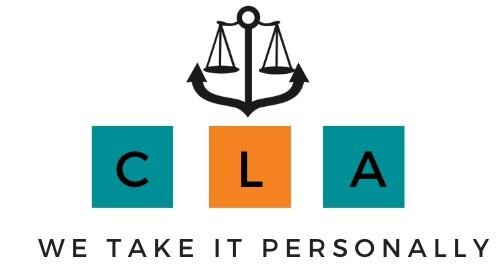Childhood is a stage of innocence, learning, and growth. Unfortunately, children are among the most vulnerable groups in society, often exposed to risks of abuse and exploitation. To safeguard them, India introduced the Protection of Children from Sexual Offences (POCSO) Act, 2012, a landmark legislation that ensures justice, protection, and rehabilitation for child victims of sexual offences.
What is the POCSO Act?
The POCSO Act was enacted to provide a strong legal framework for addressing sexual offences against children. It defines a child as anyone below the age of 18 years and covers a wide range of offences, including sexual assault, harassment, and pornography. The Act is gender-neutral, protecting both boys and girls, and emphasizes speedy justice through special courts.
Key Features of the POCSO Act
- Comprehensive Protection – Covers penetrative and non-penetrative assault, sexual harassment, and use of children in pornography.
- Child-Friendly Procedures – Statements are recorded in safe environments without intimidation, ensuring children feel protected.
- Mandatory Reporting – Any person, including teachers, doctors, or family members, must report suspected offences. Failure to do so is punishable.
- Special Courts – Fast-track courts are designated to conduct trials in a child-friendly manner.
- Confidentiality – The identity of the child victim is strictly protected to avoid stigmatization.
- Victim Support & Rehabilitation – Provides for psychological assistance, medical care, and rehabilitation for survivors.
Importance of POCSO Law
- Protects Vulnerable Children from various forms of abuse.
- Promotes Justice by ensuring speedy trials and strict punishments.
- Encourages Reporting by making it mandatory and protecting whistleblowers.
- Creates Awareness among parents, teachers, and communities about child safety.
- Builds a Safe Society where children can grow without fear.
Challenges in Implementation
Despite its strong framework, challenges remain in effective implementation:
- Lack of awareness in rural and semi-urban areas.
- Underreporting due to social stigma.
- Delays in investigation and trials in certain cases.
- Need for better training of police, educators, and healthcare professionals.
Conclusion
The POCSO Act is not just a law—it is a commitment to protect the innocence of children and uphold their fundamental rights. By strengthening awareness, improving enforcement, and ensuring collective responsibility, society can create a safe environment where every child can thrive, free from fear and exploitation.

